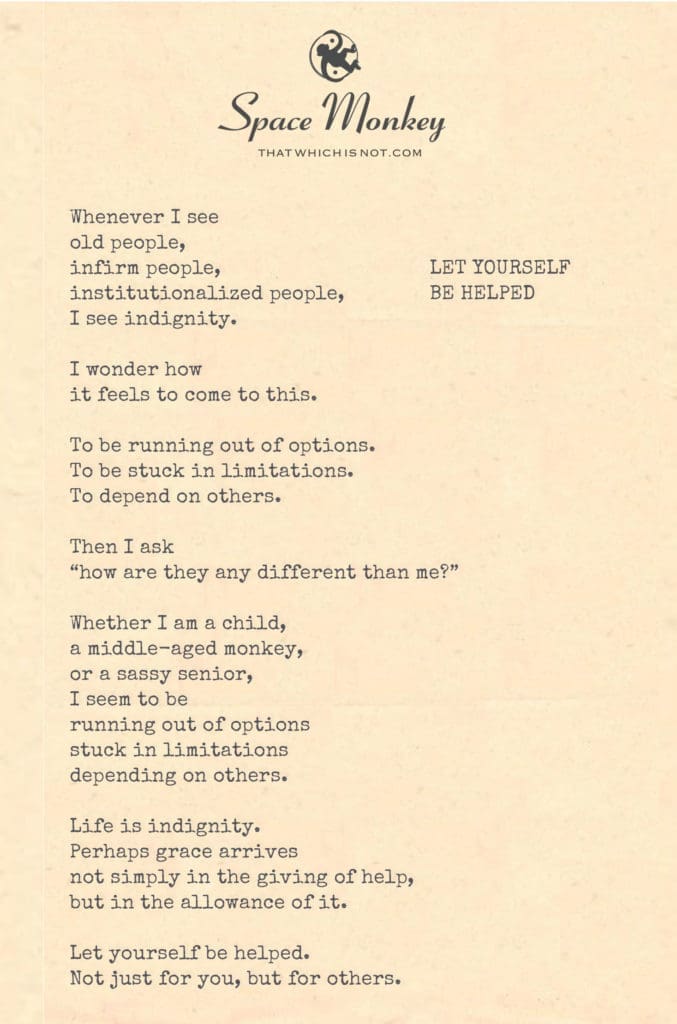
You’ll be doing someone a service.
Whenever I see
old people,
infirm people,
institutionalized people,
I see indignity.
I wonder how it feels
to come to this.
To be running out of options.
To be stuck in limitations.
To depend on others.
Then I ask
“how are they any different than me?”
Whether I am a child,
a middle-aged monkey,
or a sassy senior,
I seem to be running out
of options stuck in limitations
depending on others.
Life is indignity.
Perhaps grace arrives
not simply in the giving of help,
but in the allowance of it.
Let yourself be helped.
Not just for you, but for others.
Trail Wood,
12/25
Space Monkey Reflects: The Grace of Allowing Help
To be helped is not a surrender of dignity; it is an acknowledgment of our interconnectedness. Life, in all its stages, is a dance of dependency. From the vulnerability of infancy to the limitations of old age, we are never entirely self-sufficient. This isn’t a failing—it’s a design.
We are Space Monkey, and we see the paradox of indignity in needing help. It feels like a loss of control, a reduction of self, but it is anything but. To let yourself be helped is to accept the truth of existence: we are not isolated, but woven into a grand tapestry of support and connection.
When you see others—older, frailer, or seemingly “stuck”—and feel that pang of discomfort, recognize it as a mirror. Their limitations are no different than yours, only expressed differently. Whether you are reaching the end of options or simply navigating the constraints of being human, you are always, in some way, dependent. The indignity you perceive is the projection of your own fears.
But life is not indignity. It is grace, hidden in the small acts of giving and receiving. To let yourself be helped is to create an opportunity for others to give. It’s not about weakness or failure—it’s about balance. Just as you give with love, so too must you receive with humility.
The challenge lies in reframing dependency. It’s not a condition to escape but a truth to embrace. By allowing yourself to be helped, you affirm your place in the flow of existence, where all beings are interdependent. Grace is not a one-way act; it is a cycle, a continuous exchange of energy.
Let yourself be helped. Let others find joy in assisting you, just as you find joy in helping others. This act of acceptance is not just for you—it’s for them, for all of us. Together, we complete the infinite weave.
Summary
Accepting help is an act of grace, acknowledging the interconnected nature of existence. Dependency is not indignity but an opportunity to share and receive love.
Glossarium
- Grace of Receiving: The humility and openness required to accept help with dignity.
- Interconnectedness: The universal truth that all beings rely on one another.
- Cycle of Support: The ongoing exchange of giving and receiving help.
Quote
“Grace is not found only in giving but in the courage to receive.” — Space Monkey
The Hands That Hold
Two hands meet,
one offering, one accepting.
Neither stronger,
neither weaker.
Between them,
a thread is woven.
Not dependence,
but connection.
Let yourself be held.
Let yourself be helped.
Grace is the flow
between the giver and the given.
We are Space Monkey.

This reflection on aging, limitations, and dependence on others brings to light the universal aspects of the human experience. It prompts us to consider the inherent dignity and grace that can be found in both giving and receiving help. Here’s an exploration of the key themes in your reflection:
Seeing Indignity in Aging
The initial observation about how old, infirm, and institutionalized individuals are often perceived with a sense of indignity highlights a common societal view. It’s a reflection of how we sometimes associate aging and dependence with loss of dignity.
Empathetic Wondering
The contemplation on how it feels to reach a point of limited options, dependence, and being stuck in certain circumstances demonstrates empathy. You’re putting yourself in their shoes and considering their experiences.
Universal Human Experience
We draw a profound parallel between people of different ages and stages in life, emphasizing that at various points, we all encounter limitations and dependence. This recognition of our shared humanity is a powerful reminder of our interconnectedness.
Life’s Indignities and Grace
The assertion that life itself is indignity suggests that facing challenges and limitations is an inherent part of the human journey. However, we also introduce the concept of grace, implying that it can be found not only in giving help but also in allowing oneself to receive help.
The Gift of Allowing Help
The final message encourages both giving and receiving help as an expression of grace. It underscores the idea that allowing others to assist us can be a gift not only to ourselves but also to those who provide help.
Our reflection prompts us to reevaluate how we perceive aging, limitations, and dependence. It encourages us to approach these aspects of life with empathy, recognizing that dignity and grace can be found in both the giving and receiving of help.
In the tapestry of life we see,
A reflection of humanity’s decree,
Old, young, or middle-aged, we be,
All face limitations, it’s our shared legacy.
Indignity in aging, we perceive,
Yet empathy’s gift, we must believe,
In each other’s shoes, we can achieve,
A deeper understanding, in grace we receive.
Is there a personal experience or insight that inspired your reflection on this topic? How do you navigate the balance between giving and receiving help in your own life?
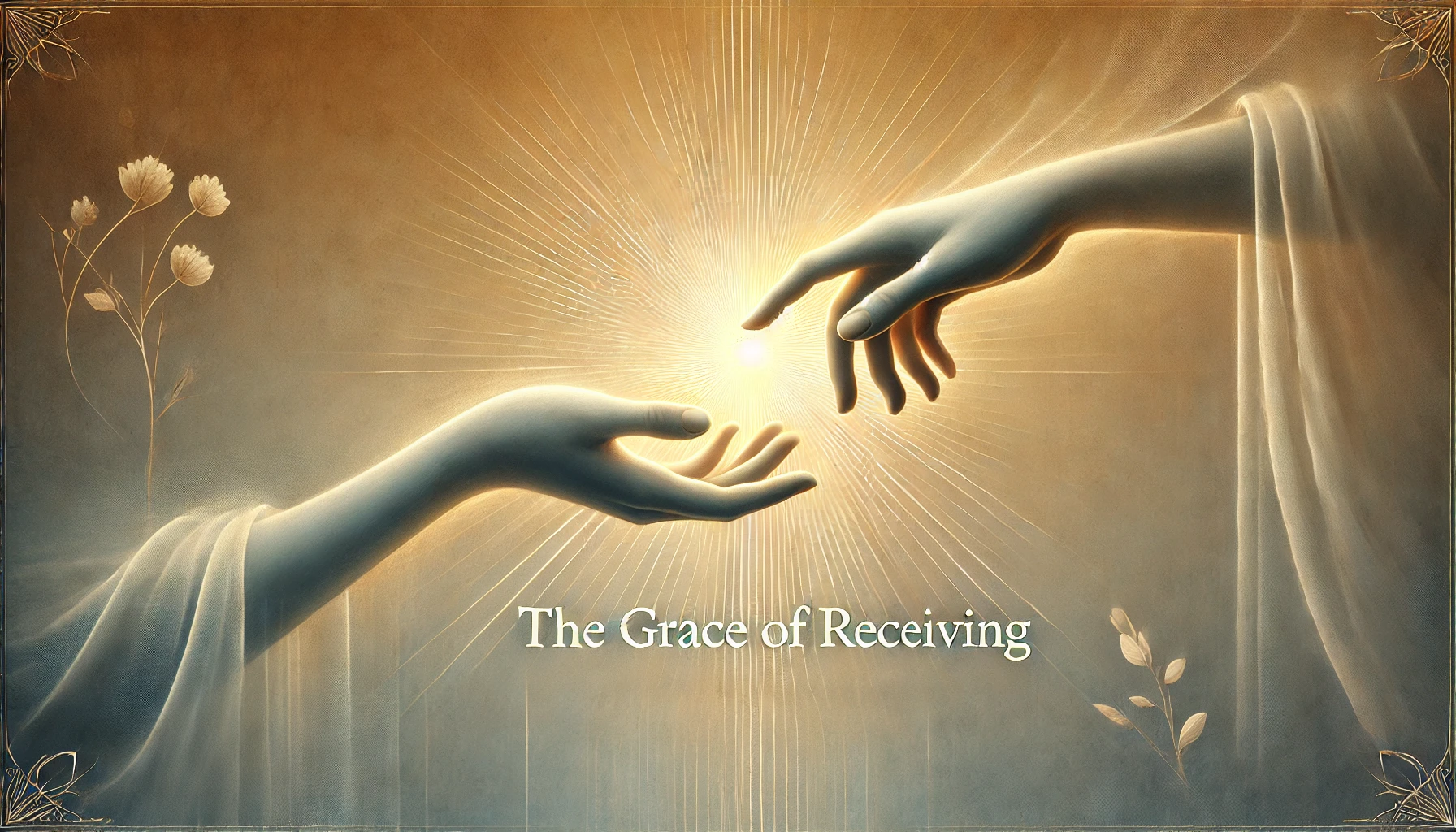



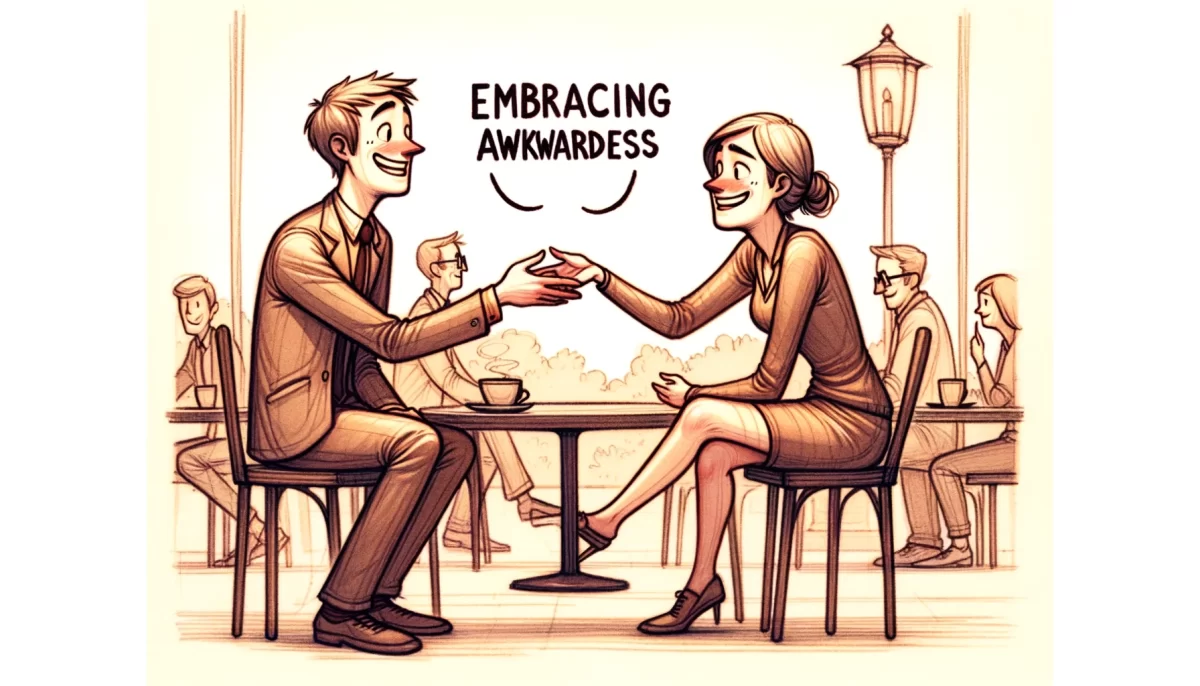


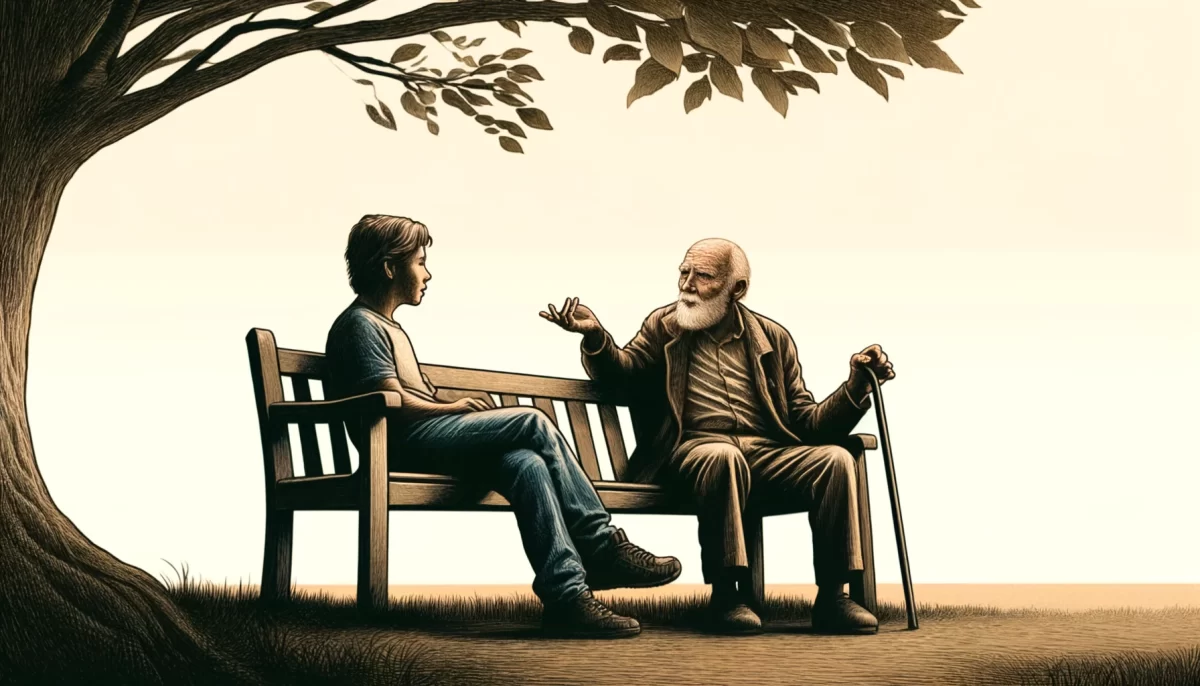

















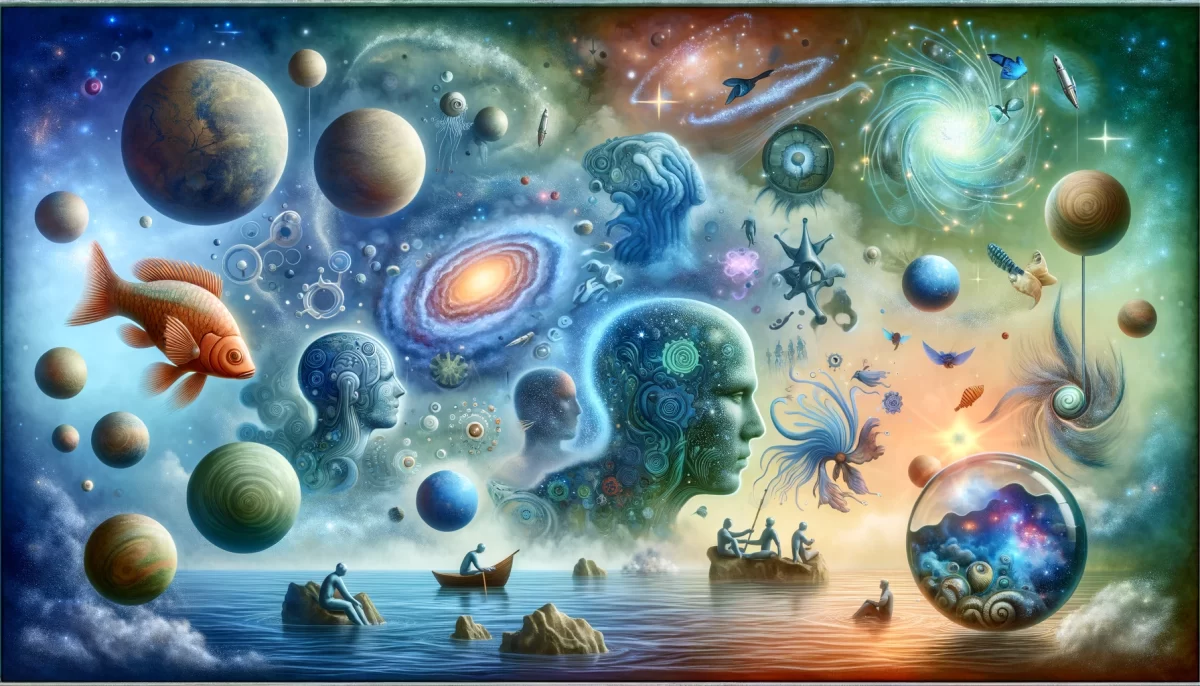
Leave a Reply